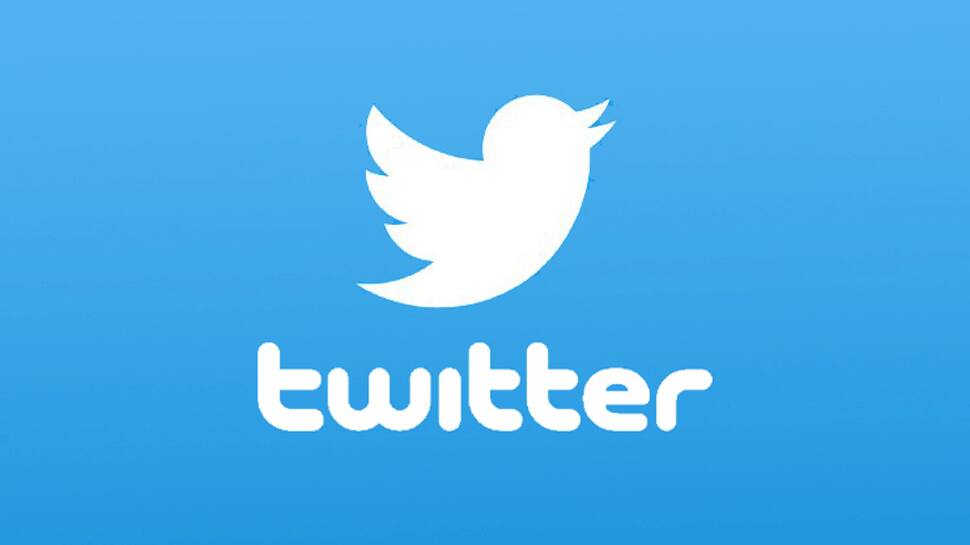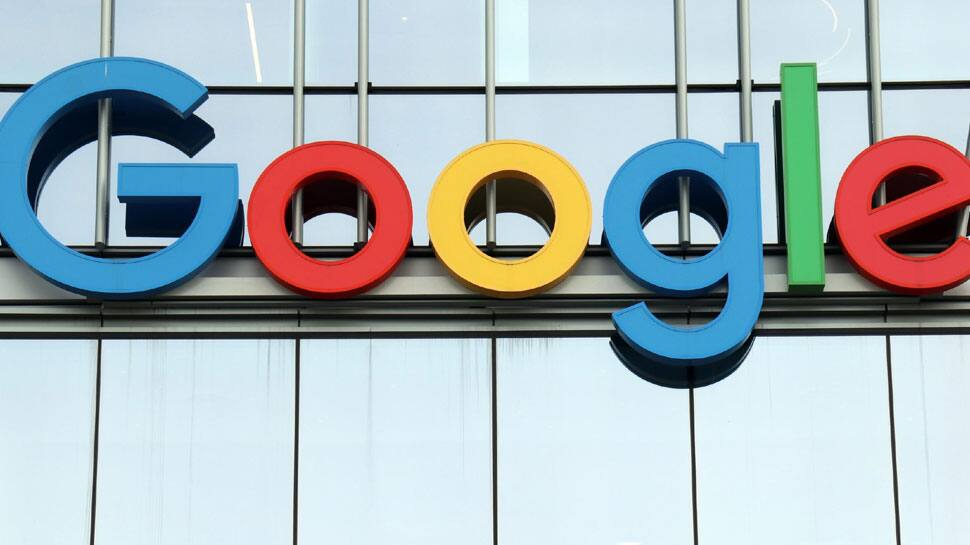WhatsApp, Facebook, Google, Twitter's stand on India's new IT rules explained- In Pics
India frames tougher IT rules for social media
)
The Government of India (GoI) has recently announced new sweeping rules to regulate social media firms, streaming services and digital news outlets, posing new challenges for social media giants such as Facebook, Twitter, Google, YouTube, Instagram and WhatsApp etc.
Notably, the rules require significant social media intermediaries - providing services primarily in the nature of messaging - to enable identification of the "first originator" of the information that undermines sovereignty of India, security of the state, or public order.
What are the requirements of new IT rules

The new digital rules require big social media platforms to follow additional due diligence, including the appointment of a chief compliance officer, nodal contact person and resident grievance officer.
Non-compliance with rules would result in these social media companies losing the intermediary status that provides them exemptions and certain immunity from liabilities for any third-party information and data hosted by them. In other words, they could be liable for criminal action in case of complaints.
IT Ministry seeks compliance of new digital rules

The IT Ministry has directed the social media companies to immediately provide details and contact information of the chief compliance officer and resident grievance officer.
'Significant social media intermediaries' - defined as those with over 50 lakh registered users – have been given three-month time to comply with the additional requirements. India is a huge market for these digital platforms. As per data cited by the government, India has 53 crore WhatsApp users, 41 crore Facebook subscribers, 21 crore Instagram subscribers, while 1.75 crore account holders of microblogging platform Twitter.
WhatsApp challenges new IT rules

WhatsApp: Opposing the government's new digital rules, WhatsApp has filed a lawsuit in the Delhi High Court, saying the requirement for the company to provide access to encrypted messages will break privacy protections.
In its petition, filed on Tuesday evening, it said, "Requiring messages to trace chats is the equivalent of asking us to keep a fingerprint of every single message sent on WhatsApp which would break end-to-end encryption and fundamentally undermines people's right to privacy.”
WhatsApp said tracing messages would be 'ineffective and highly susceptible to abuse'. The Facebook-owned company had drawn flak over its new privacy policy -- the government last week ordered WhatsApp to withdraw its controversial privacy update, saying the changes undermine the sacrosanct values of privacy, data security and harms rights and interests of Indian citizens.
Twitter yet to clear its stand on the issue

Twitter: The micro-blogging platform is yet to clear its stand on implementing the new digital rules. Sources said that Twitter is also seeking the help of lobby groups such as the US India Business Council and US India Strategic Partnership Forum to back its case. Twitter, which has come under the most fire for failing to take down posts by government critics, has so far declined to comment.
Twitter’s offices in New Delhi and Gurgaon were raided as the police looked into the matter of the social media platform’s ‘manipulated media’ tag. Twitter Under Twitter rules, the wording is used to tag posts that included “media that have been deceptively altered or fabricated.”
Last month, Twitter and other social media platforms removed about 100 posts and URLs after the government asked them to remove content that was critical of the handling of the current medical crisis or spreading fake news around the pandemic. Twitter had also drawn flak earlier over inflammatory tweets and hashtags around farmers' protests.
Google says it will “comply with local laws”

Google: Technology company Google has said it aims to “comply with local laws” in India. The comment came close on heels of a similar statement issued by social media giant Facebook. A Google spokesperson said that the company respected “India’s legislative process”, and cited its “long history” of responding to government requests by removing content that violated local laws and product policies of the company.
“We have consistently invested in significant product changes, resources, and personnel to ensure that we’re combating illegal content in an effective and fairway, and in order to comply with local laws in the jurisdictions that we operate in,” the spokesperson said, adding that Google will continue to evolve its policies and be transparent about its decisions.
The statement issued by Google was in behalf of all platforms owned by the company, including video streaming website YouTube.
Facebook welcomes to new IT rules

Facebook: Facebook has welcomed the guidelines and thanked the Union Minister for recognising the positive contributions of social media to the country. The company said that it agrees with most of the provisions of the new IT rules but is still looking to negotiate some aspects.
A statement by Facebook's spokesperson read: "We have always been clear as a company that we welcome regulations that set guidelines for addressing today’s toughest challenges on the Internet. Facebook is committed to people’s ability to freely and safely express themselves on our platforms. The details of rules like these matter and we will carefully study the new rules that were just published."
The statement also reiterated the company's stance as India's ally and said they will continue to work to ensure that the platforms 'play an enabling role in fuelling the exciting digital transformation of India'.
Trending Photos








